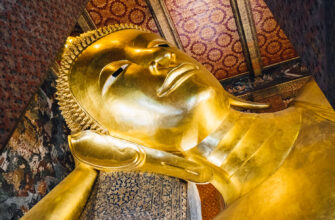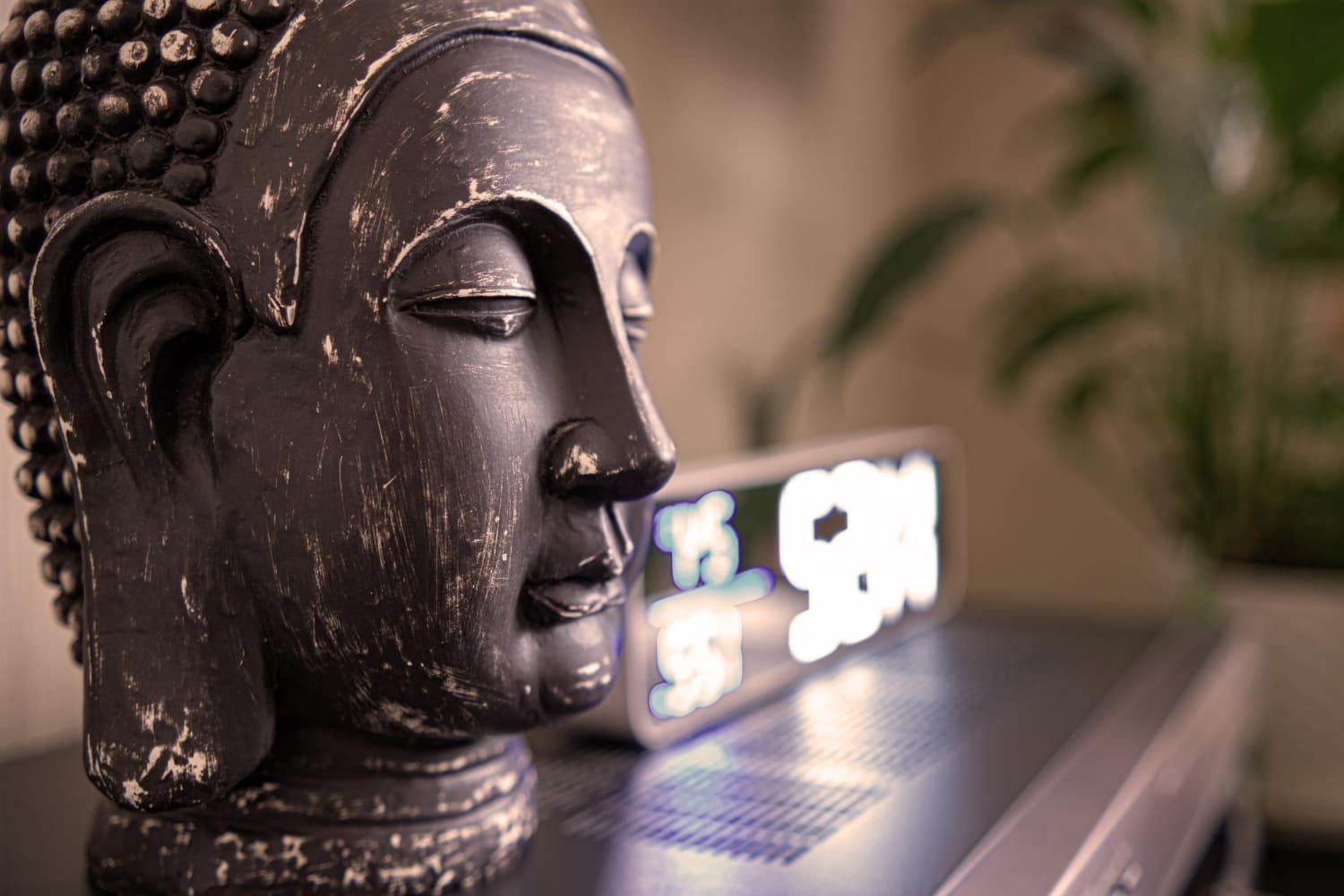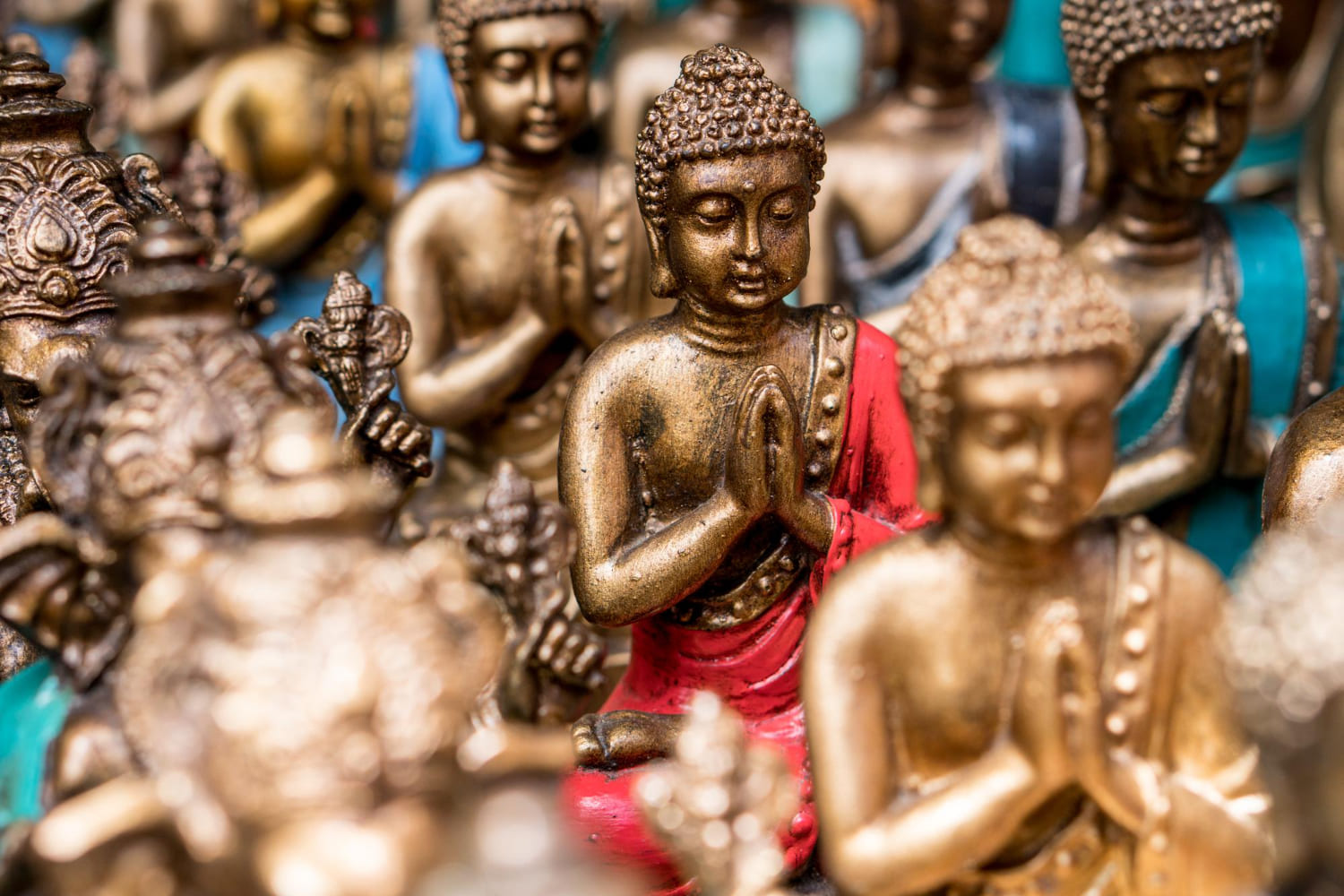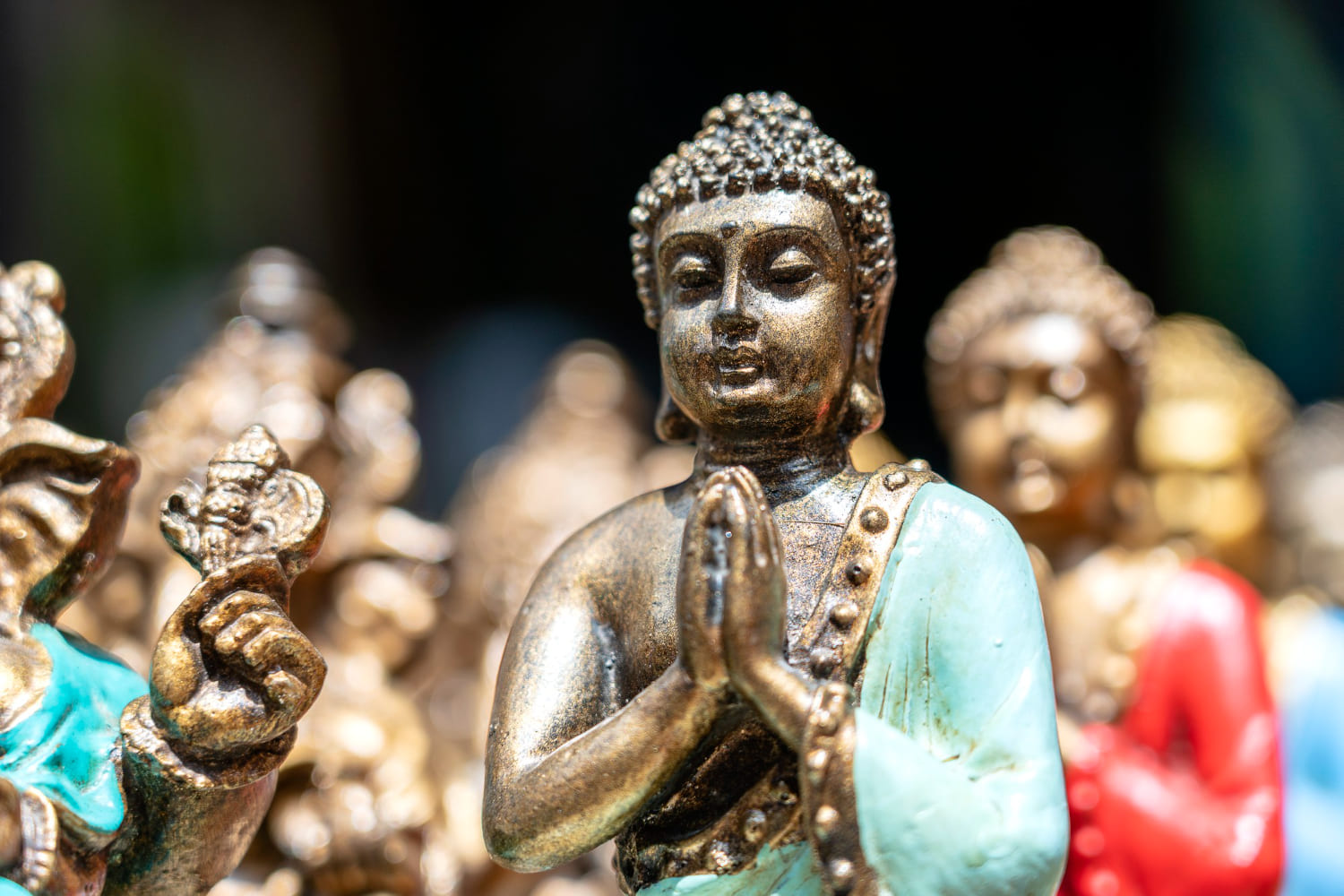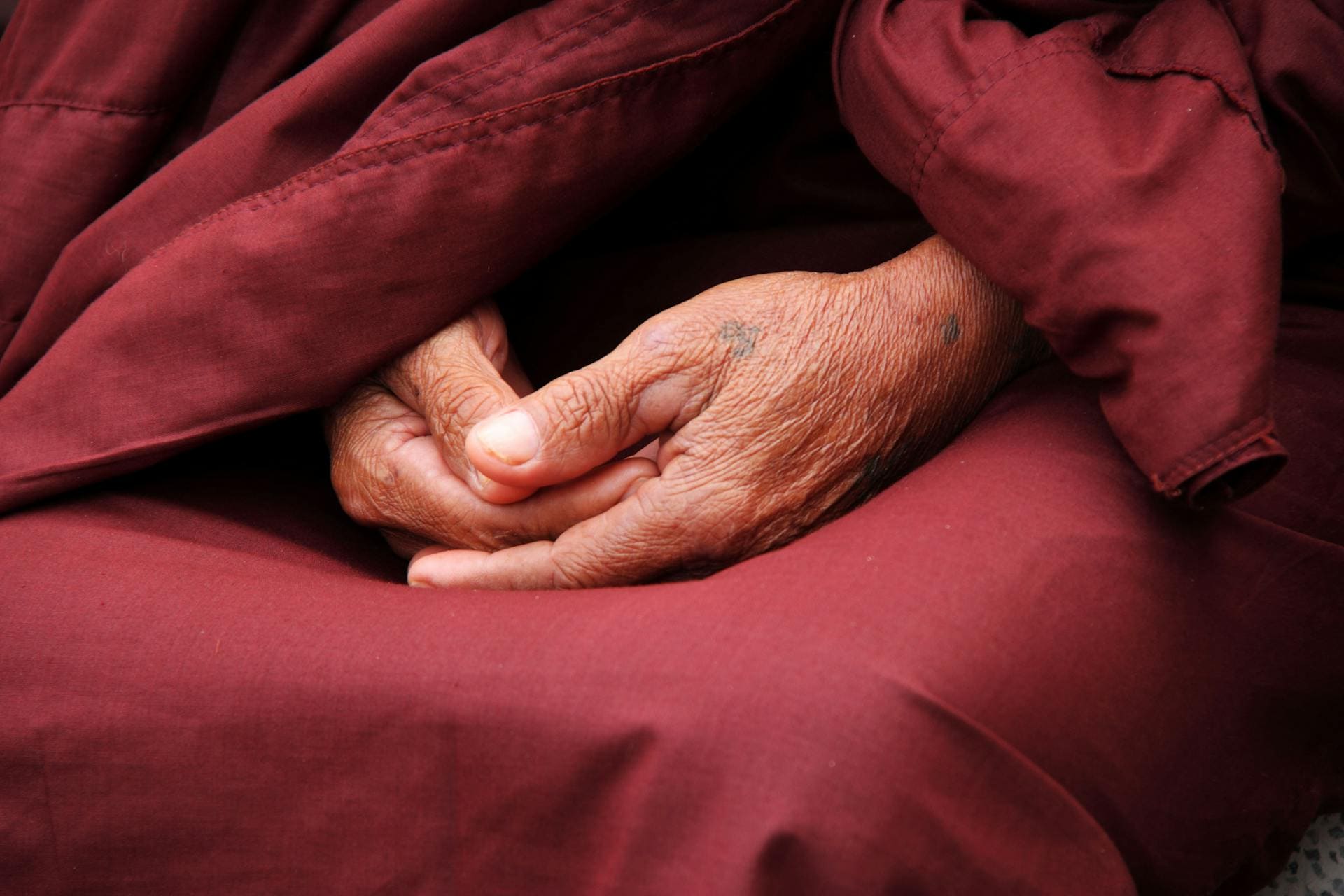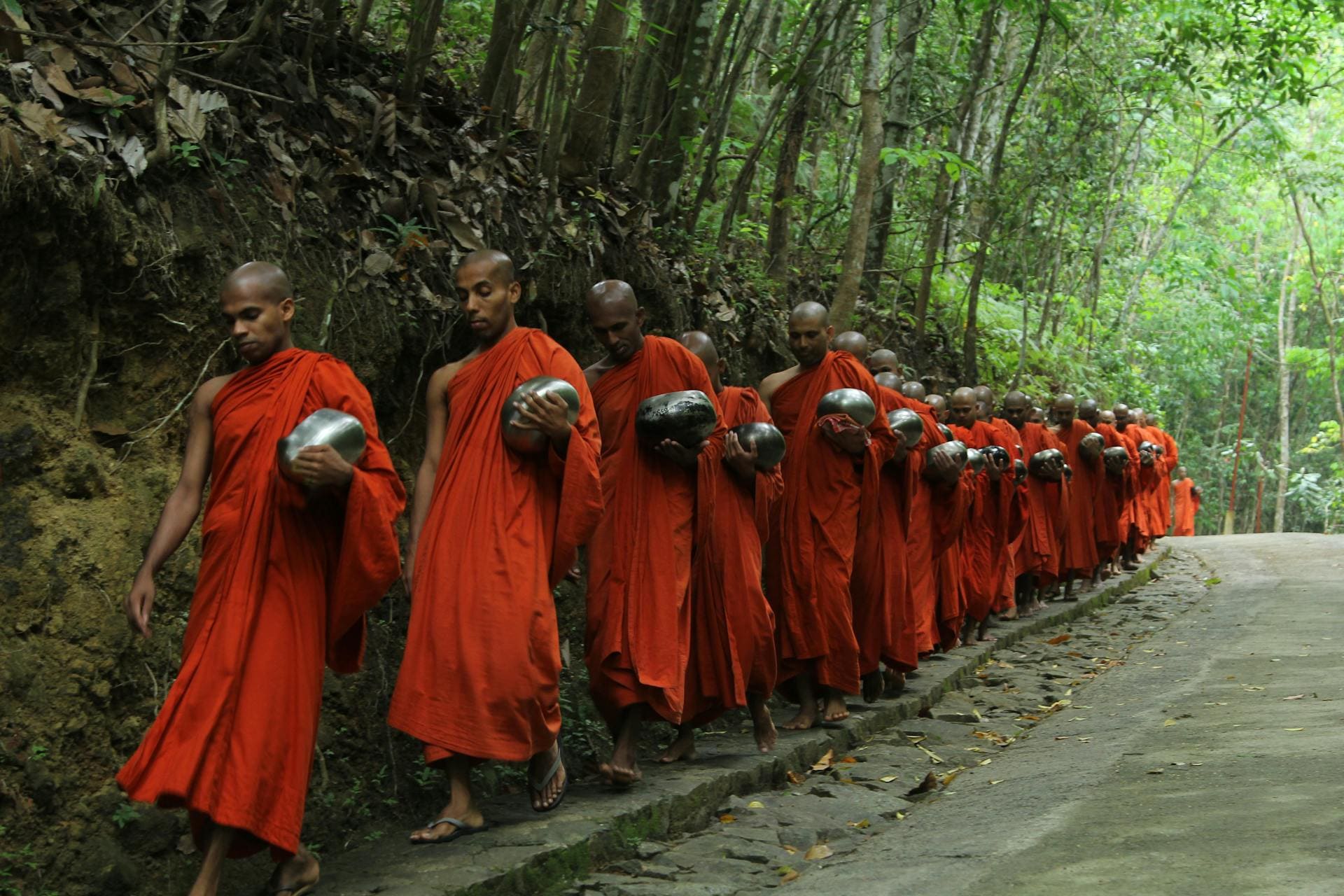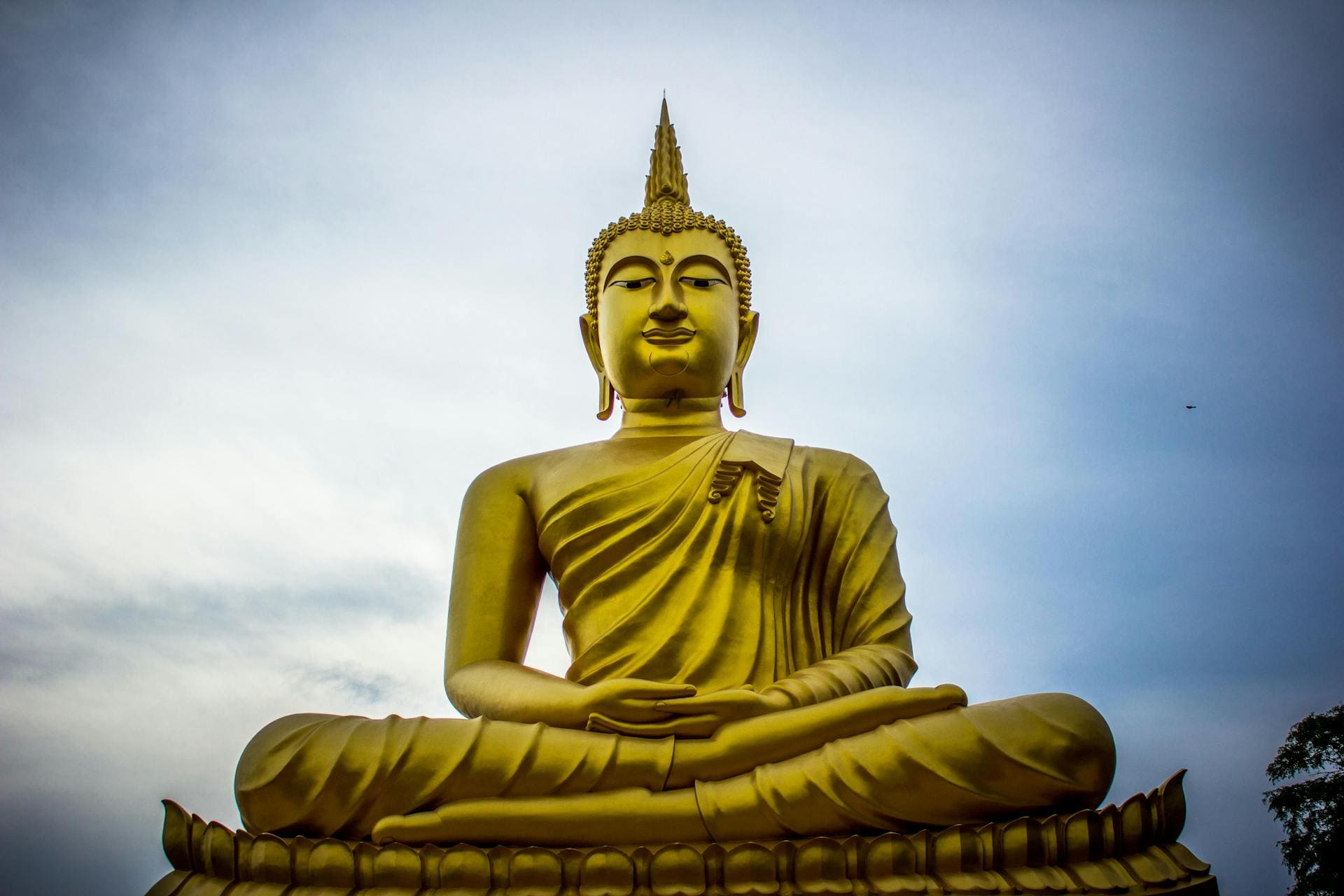Buddhism can be considered a religion, a philosophy, a combination of beliefs and practices that are based on the teachings of the Buddha. The spiritual seeker Siddhartha Gautama earned the title of “Awakened One” after achieving enlightenment more than 2,600 years ago. His most famous teachings focus on the nature of human suffering, methods for liberating ourselves from life’s existential pain, and the attainment of nirvana. The teachings began in India, spread throughout Asia, and then around the world. The Four Noble Truths and the Eightfold Path have gained recognition. Within the broader Buddhist family, there are many schools with different beliefs and practices. These traditions hold that a person can understand the truth of existence through an ethical life dedicated to spiritual development.
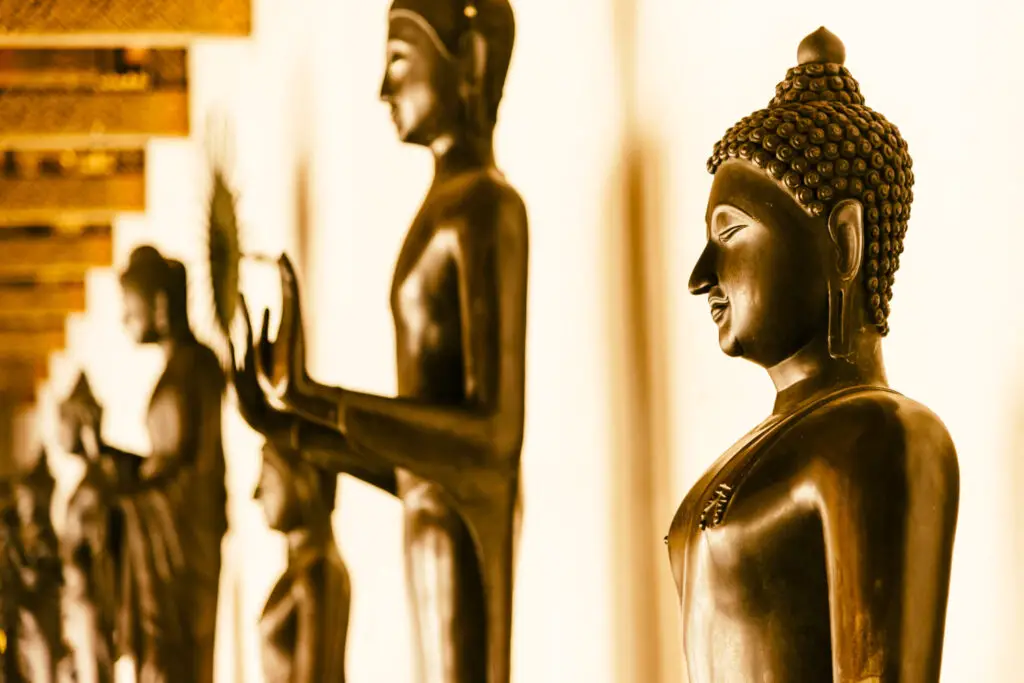
What does Buddhism say about life after death?
Buddhists believe in rebirth. This is based on the tradition that Buddha was able to remember his past lives after enlightenment. The theory states that existence is in a cycle of death and rebirth called samsara. When a person dies, their energy passes into another form. Buddhist teachings include the concept of karma, or “intentional action.” Buddhists believe that they can gain enlightenment or ensure a good future for themselves through ethical behavior, the development of wisdom, and concentration.
Good actions will lead to a better rebirth, while bad actions can lead to an undesirable effect. Depending on behavior in a past life, a person can be reborn as an animal, a human, a ghost, a demigod, or a god. Rebirth in human form is an excellent opportunity to work on breaking out of the cycle of samsara and entering Nirvana. After Nirvana is achieved and the enlightened person physically dies, there will be no more rebirths.
Some Buddhists believe that enlightened beings can choose to be reborn to help others achieve their goal of enlightenment. Others believe that once Nirvana is reached, the cycle of samsara ends.
Why don’t Buddhists believe in souls or an eternal creator God?
Buddhists believe in life after death; they claim that nothing is permanent and everything changes. Eternal souls or eternal gods cannot exist. Buddhism does not believe in a creator God and speaks of the reincarnation of energy. Why does Buddhism believe in life after death? Buddha speaks of endless reincarnations that end after reaching Nirvana.
Buddhist Funerals and Afterlife: Features of the Ceremony
Death is an important transition between lives and an opportunity to influence the next birth. Family and companions should cultivate a positive state of mind that will ensure a good rebirth. Funerals are an important rite in which monks and nuns can participate.
They are not considered a sad event, because the deceased passes on to the next rebirth, in which he can live a happy and fulfilled life compared to the previous one. Praying and offering food to monks contribute to the improvement of the next birth. Ceremonies contribute not only to the benefit of the deceased person, but also to the benefit of those left behind – friends and family.
Buddhist traditions
There are interesting Buddhist traditions:
Theravada Buddhism. In these countries, it is believed that rebirth occurs immediately after death. The funeral ceremony includes gifts for monks in the form of fabric for making new clothes. After a certain period of time, ceremonies are held to celebrate the merits of the deceased.
Mahayana Buddhism. The deceased must whisper the name of Buddha in the ear, this will be the last thing a person hears before death. Buddhists of Mahayana countries believe that rebirth takes up to 49 days.
Prayers for the deceased are offered at different stages after death, sometimes after 30 days or a year.
Conclusion
There are a huge number of religions in the world. They are filled with principles that may contradict the traditions of others. Respect for other religions is one of the qualities of a reasonable person who chooses the most suitable religion for himself and adheres to it. Faith is a personal choice of each, it is a vision of life and rules by which a person agrees to live.
